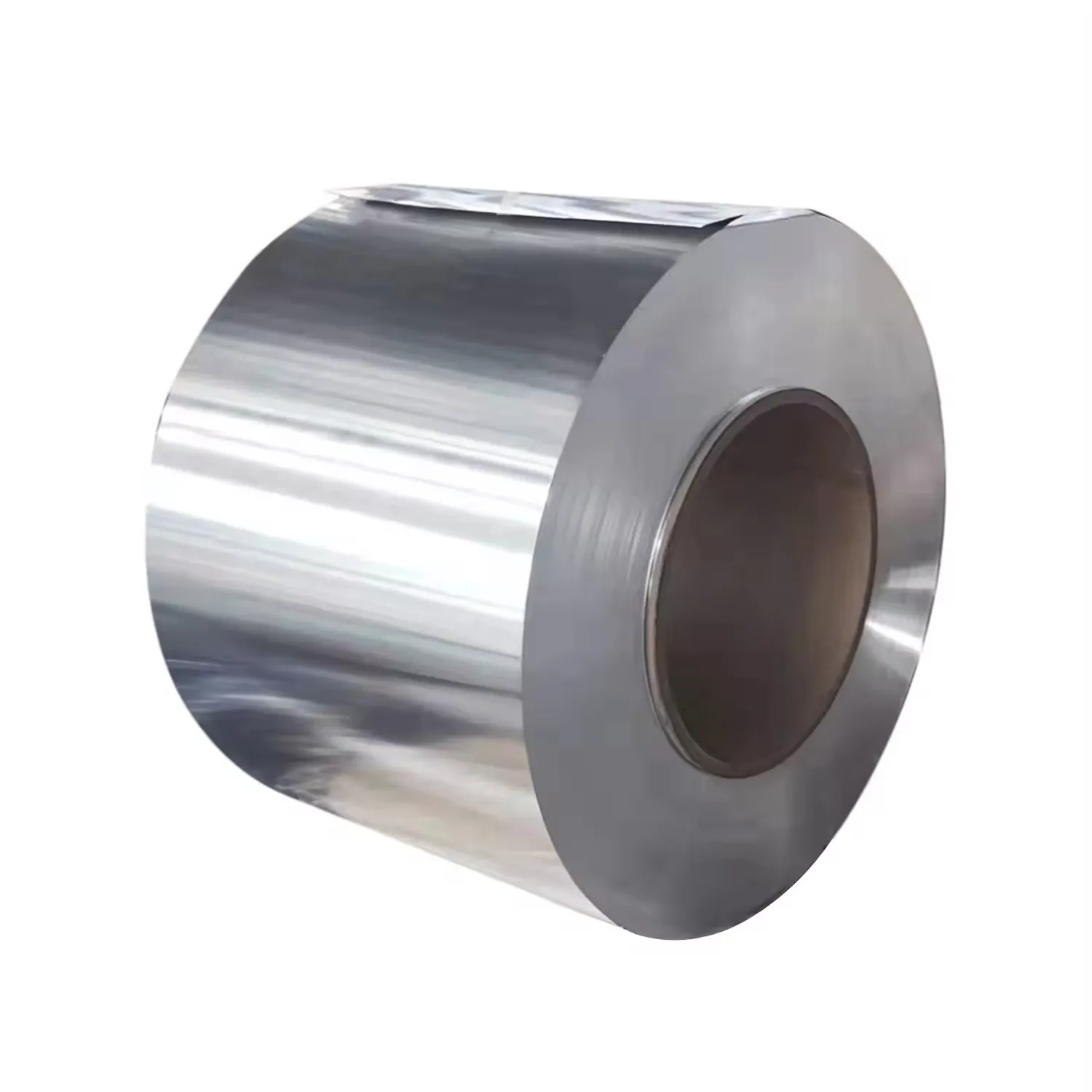Shipbuilding hot rolled steel coil plays a crucial role in the maritime industry, serving as a fundamental material for constructing various types of vessels. Its application spans across different parts of a ship, from the hull structure to internal components, demanding exceptional mechanical properties and reliability. The manufacturing process of shipbuilding hot rolled steel coil involves precise control over steel composition and rolling parameters to ensure the material can withstand harsh marine environments, including saltwater corrosion, dynamic loads, and extreme weather conditions. Steel grades used for shipbuilding often incorporate specific alloying elements to enhance strength, toughness, and weldability. For example, high strength low alloy (HSLA) steels are commonly employed to reduce the weight of the ship while maintaining structural integrity, which is vital for improving fuel efficiency and overall performance. Additionally, shipbuilding hot rolled steel coils must comply with international standards and regulations set by maritime organizations such as the International Maritime Organization (IMO) and classification societies like Lloyd's Register or DNV GL. These standards specify requirements for mechanical properties, chemical composition, and testing procedures to ensure the safety and durability of ships. The quality control process for shipbuilding hot rolled steel coils is rigorous, involving non destructive testing, tensile tests, impact tests, and corrosion resistance evaluations. Any deviation from the specified standards can lead to significant safety risks and operational issues. In recent years, with the growing emphasis on environmental sustainability, the shipbuilding industry has been seeking hot rolled steel coils with lower carbon footprints. This has driven the development of new steelmaking technologies, such as using scrap steel in electric arc furnaces and implementing energy efficient rolling processes. Moreover, the demand for larger and more complex vessels, such as container ships and offshore energy platforms, has pushed the boundaries of shipbuilding hot rolled steel coil performance, requiring even higher strength and better formability. The global market for shipbuilding hot rolled steel coil is influenced by various factors, including fluctuations in steel prices, changes in maritime trade policies, and advancements in ship design. As the shipping industry continues to evolve, the development of shipbuilding hot rolled steel coil will focus on further improving material properties, enhancing corrosion resistance, and adopting more sustainable manufacturing practices to meet the challenges of the future.


